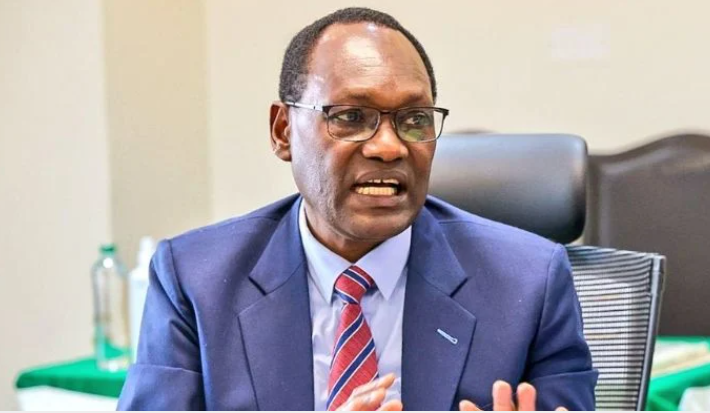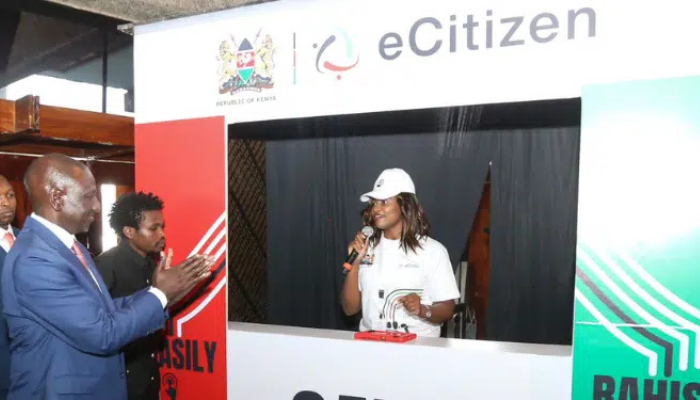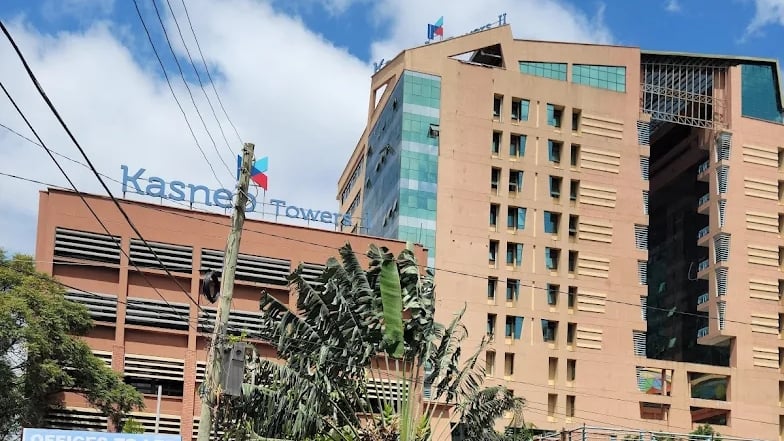Treasury Principal Secretary Chris Kiptoo has refuted claims of financial impropriety flagged in a recent Auditor General's report on the eCitizen digital payments platform.
Appearing before a parliamentary committee on Thursday, August 7, Kiptoo, accompanied by Immigration PS Belio Kipsang and ICT PS John Tanui, firmly defended the government's handling of the platform.
The audit had raised red flags over possible financial discrepancies amounting to more than KSh 10 billion, sparking public concern over the integrity of the eCitizen system.
In his remarks, PS Kiptoo dismissed the findings as both incomplete and misleading, arguing that the nature of the special audit process denied the Treasury an opportunity to provide timely clarifications.
“We are subject to audits, but this special audit didn’t allow for engagement or feedback before conclusions were drawn,” Kiptoo told the committee. “We’re equally invested in getting to the bottom of this.”
Read More
He further clarified that the platform operates under the legal framework of Executive Order No. 2, and revenue management is strictly governed by the Public Finance Management (PFM) Act, 2012.
Kiptoo also addressed questions about the platform’s ownership and data security, assuring lawmakers that eCitizen is hosted in a data center managed by the National Treasury.

He stated that all third-party vendors and their obligations were disclosed in the original contract and confirmed again during the system handover.
“There was full disclosure of third-party arrangements and liabilities related to eCitizen at the time of contracting and during the handover process,” Kiptoo noted.
The report raised several issues, including the use of flat-rate convenience fees, which allegedly deviated from gazetted prorated charges.
Kiptoo acknowledged a delay in implementing the revised structure but attributed the lag to technical difficulties, not administrative negligence.




-1772458092.jpg)
-1772456632.png)
